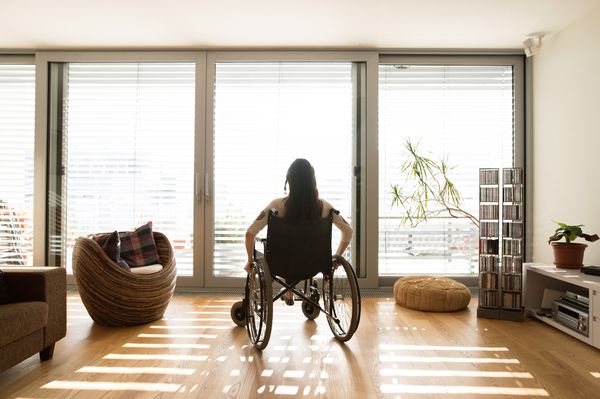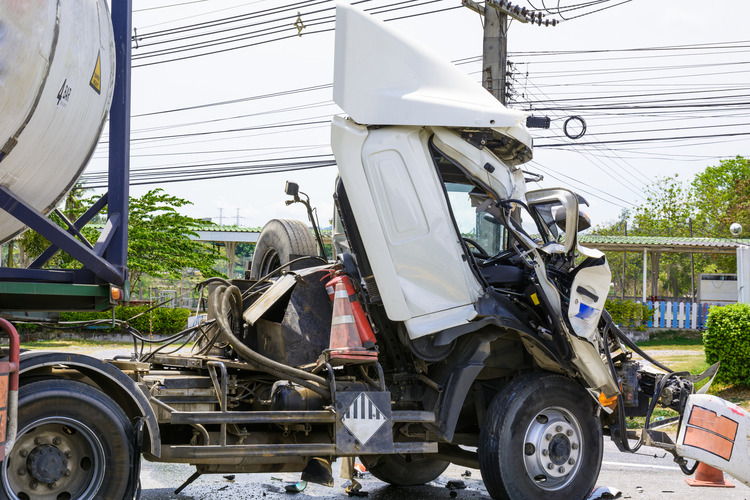
At Langdon & Emison, we understand that life after a spinal cord injury presents unique challenges and opportunities. Adjusting to these changes requires a comprehensive physical, emotional, and legal approach. Keep reading for valuable insights and resources from our Kansas City spinal cord injury lawyers.
What is a spinal cord injury?
A spinal cord injury (SCI) occurs when the spinal cord is damaged, resulting in a loss of function, such as mobility or sensation. The severity and location of the injury determine the extent of the impairment, which can range from partial to complete loss of function below the injury site.
Causes of spinal cord injuries
Common causes of spinal cord injuries include:
- Car accidents: One of the leading causes of SCIs, often resulting from severe trauma to the spine.
- Falls: Especially prevalent among older adults, falls can lead to significant spinal damage.
- Sports injuries: Contact sports and recreational activities can result in spinal injuries.
- Violence: Acts of violence, such as gunshot wounds, can cause SCIs.
Physical and emotional adjustments
Rehabilitation and physical therapy
Rehabilitation is a critical component of life after spinal cord injury. It involves physical therapy to help regain as much function as possible and occupational therapy to adapt to new ways of performing daily activities. This process may include:
- Strengthening exercises: To maintain muscle tone and improve mobility.
- Adaptive techniques: Learning new methods to perform everyday tasks.
- Assistive devices: Using wheelchairs, braces, or electronic aids to enhance independence.
| University of Missouri Spinal Cord Rehab |
Emotional and psychological support
Adjusting to life after spinal cord injury is not just a physical challenge but an emotional one as well. Psychological support is crucial for managing feelings of loss, depression, or anxiety. Support can come from:
- Counseling and therapy: Professional mental health services can provide coping strategies.
- Support groups: Connecting with others who have experienced similar injuries can offer encouragement and practical advice.
- Family and friends: A strong support system can significantly affect emotional well-being.
Navigating daily life
Home modifications
Adapting your living space is essential for accommodating mobility changes. Common modifications include:
- Ramps and elevators: To ensure accessibility in multi-level homes.
- Widened doorways: For easier wheelchair access.
- Adaptive equipment: Installing handrails, grab bars, and accessible bathroom fixtures.
Returning to work and education
Many people with spinal cord injuries successfully return to work or continue their education. This process may involve:
- Vocational rehabilitation: Programs that help individuals acquire new skills or adapt existing ones to their abilities.
- Workplace accommodations: Adjustments made by employers to create an accessible and supportive work environment, as required by the Americans with Disabilities Act (ADA).
Legal rights and resources
Understanding your legal rights
Individuals with spinal cord injuries have specific legal rights and protections. In Missouri, relevant statutes include:
- Missouri Human Rights Act: Protects against discrimination based on disability in employment, housing, and public accommodations.
- Workers’ Compensation: Provides benefits to employees who suffer work-related injuries, including spinal cord injuries.
Seeking compensation
If another party’s negligence caused your spinal cord injury, you might be entitled to compensation for medical expenses, lost wages, and pain and suffering. Steps to take include:
- Consulting an attorney: An experienced personal injury lawyer can help you navigate the legal process and advocate for your rights.
- Documenting your injury: Keeping detailed records of your medical treatment, rehabilitation progress, and related expenses.
Social Security disability benefits
Individuals with significant disabilities may qualify for Social Security Disability Insurance (SSDI) or Supplemental Security Income (SSI). These programs provide financial assistance to those unable to work due to injury.
Embracing new opportunities
Adaptive sports and recreation
Adaptive sports and recreational activities can improve physical health and boost morale. Many organizations offer programs specifically designed for individuals with spinal cord injuries, including:
- Wheelchair sports: Basketball, tennis, and racing.
- Adaptive outdoor activities: Hand cycling, skiing, and kayaking.
Community involvement
Staying connected with the community can provide a sense of purpose and belonging. Opportunities include:
- Volunteering: Many organizations welcome volunteers with diverse abilities.
- Advocacy: Getting involved in advocacy efforts for disability rights can be empowering and impactful.
Contact Langdon & Emison
At Langdon & Emison, we are committed to helping you navigate life after a spinal cord injury. Our experienced attorneys are here to support you in securing the compensation and resources you need to live a fulfilling life. Contact us today for a free consultation to discuss your legal options and how we can assist you.
Visit our website or call us at (866) 931-2115 to learn how we can help you with spinal cord injury cases.


